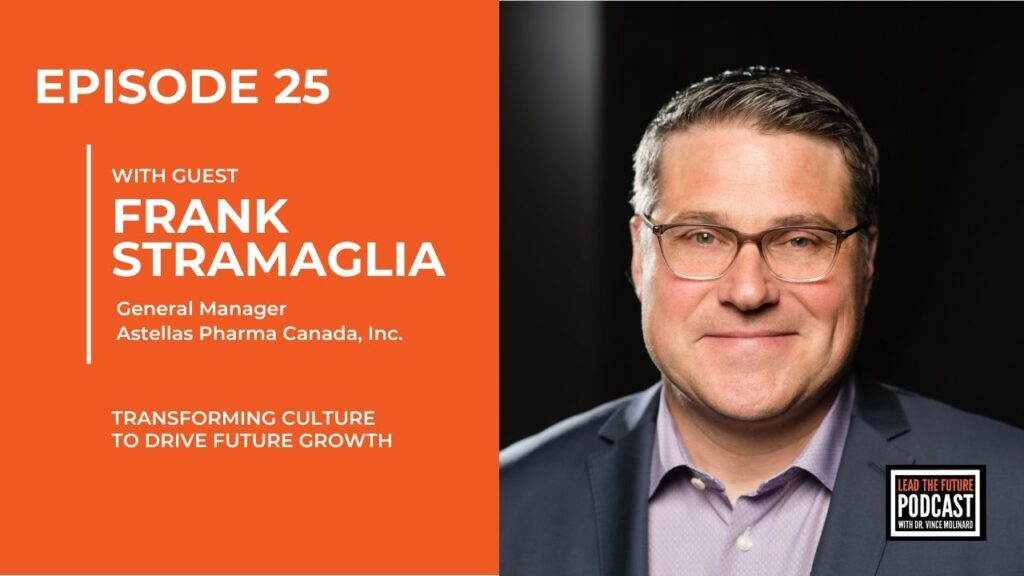10 years – 10 truths
This is the fifth post in my 10 Years – 10 Truths series.
I reflect on something I’ve encountered with many CEOs – a moment of dread once they realize they don’t have the leaders they need to lead their organizations.
Check out our new eBook, Leadership Development is Letting CEOs Down.
I had spent a day facilitating a strategic discussion with the leadership team of a pharmaceutical company.
At the end of the session, my team and I were doing a private debrief with the CEO.
He was very quiet and pensive. I asked him, “What’s going on? He said, “I realized today that I don’t have the leaders that I can lean on.” I could sense his anguish and concern. In many ways he was right. His team was myopic in their thinking.
They couldn’t elevate themselves from the current operational challenges of the day. They needed to be able to think more broadly about the business with a future orientation. Many just simply couldn’t get there.
It’s a moment that I’ve experienced a lot with CEOs. It’s distressing. I call it Leadership Dread Disorder, or LDD, which I define as:
A psychological condition often experienced by CEOs and other senior executives, characterized by sudden, visceral, and intense anxiety upon realizing a significant deficiency in the leadership required to drive the future success of their organization. The disorder is triggered by the recognition of gaps and doubt in the ability of the senior management team and broader leadership to meet the challenges of the moment. The condition can lead to heightened apprehension, fear, and a sense of urgency to address the leadership void.
Does this feel familiar to you?
One of the realities that underlie, LDD, is the fact that senior executives and C-Suite leaders know they can’t lead the company strictly by themselves, they will need the support of every single leader.
And this is where doubt sets in, and it’s confirmed in our new research on the state of leadership accountability.
 We found that 83.6 % of CEOs and senior executives in our research believe they need to transform their leadership culture to drive the future success of their organizations. Yet, 49.5% of all leaders we surveyed are extremely confident in their ability to do so. Senior executives and C-Suite leaders are a little more confident coming in at 55.6%, whereas only 44% of midlevel and frontline leaders are extremely confident.
We found that 83.6 % of CEOs and senior executives in our research believe they need to transform their leadership culture to drive the future success of their organizations. Yet, 49.5% of all leaders we surveyed are extremely confident in their ability to do so. Senior executives and C-Suite leaders are a little more confident coming in at 55.6%, whereas only 44% of midlevel and frontline leaders are extremely confident.
What about you? Have you had your own experience with leadership dread disorder?








